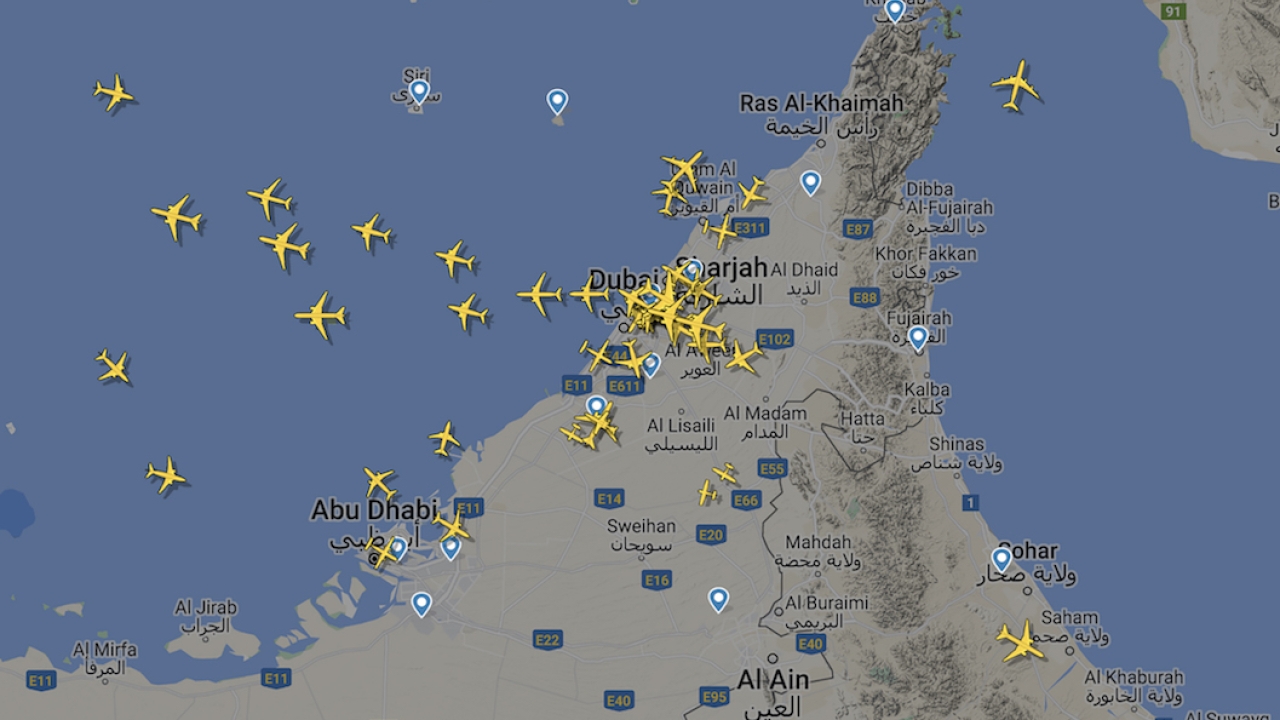Cooperation the key to a safer future for all

Mohamed Rahma has seen the challenges facing aviation from all sides. Following a successful career at EgyptAir he became an advisor to the Egyptian Minister of Civil Aviation and then Undersecretary of International and Internal Affairs at the ministry, where he sat on the board of the Egypt Airports Company. Now he heads ICAO’s activity for the MENA region.
“Aviation is critical to the economies and success of the MENA region,” Rahma said. “There are 2.4 million jobs and $157 billion in gross domestic product (GDP) that has been created in the region.”
Rahma strongly supports the “No country left behind” (NCLB) strategy, which he believes is essential if the Middle East and Africa are to realise their potential, and collaborate to raise the standards of efficiency and safety across the entire region.
Rahma was joined by ICAO Secretary General, Dr Fang Lui, and the directors general of some 17 civil aviation authorities at Muscat, Oman in November, where they signed the Muscat Declaration, which sets out to drive the necessary political and financial momentum to achieve ICAO compliance by states across the region with collaboration at the heart of the initiative.
“This is a fast-growing region. We know air transport will double in the next 15 years, maybe even sooner than that. Geographically it is only a small part of the world but there is 10% of the world’s air traffic at any time. There is not only civil aviation but also military and unmanned aircraft. We need to optimise the space but also make it even more safe – that has to be our number one priority,” Rahma said.
Egypt hosted a special ICAO meeting at Sharm el Sheikh in the summer. “Twenty-seven ministers were there from all over Africa and the Middle East,” said Rahma.
The meeting ratified ICAO’s global aviation security plan (GASeP), which Rahma said is vital for the region to defeat the threats to safety.
“Civil aviation has been a target for terrorism. By enhancing collaboration, we need to prioritise the states that need assistance to improve their systems. Other states can help with financial resources or hands-on support,” he said.
Rahma cited the successes that Egypt and Jordan have enjoyed. Both countries were in the area of “serious concern” on the ICAO scale of its universal security audit programme (USAP), which provides a proactive indicator of levels of security performance.
“Both were around 52-53% on the scale, but Jordan hit 82% and Egypt 84% and have the right procedures in place for audit and inspections. ICAO is transparent about the level of oversight and implementation of the 12,000 standards and states can view this on line,” Rahma said.
“The safety of all of us depends on us reaching the standards and knowing where the challenges are.”
He added that maintaining safety and security is no easy matter. “Systems are becoming more complex; we are seeing emerging risks with the increase in air traffic and, of course, smart terrorism. We recognised that we need to be more proactive.”
Rahma sees ICAO playing a vital role in pushing the message for cooperation and collaboration. “It is so important that we get understanding of why states should work together.”
Rahma will be one of the key speakers at April’s Aviation Africa summit, which takes place in his home town. “Bringing airlines, airports and regulators together is a great opportunity to take the message further and help us see results,” he said.
Stay up to date
Subscribe to the free Times Aerospace newsletter and receive the latest content every week. We'll never share your email address.

